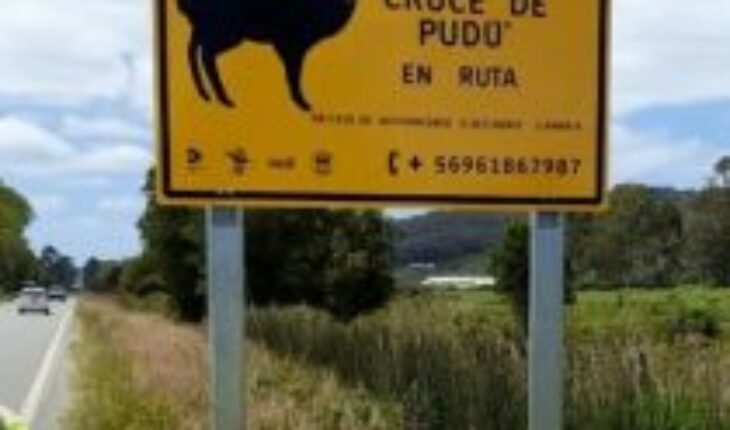A few days ago, the Minister of Environment, Maisa Rojas, declared that biodiversity will be the environmental priority 2023, considering as the main challenge; “mainstreaming and highlighting the importance of biodiversity”. This task, which in simpler words refers to conserving the variety of living beings on our planet, is driven among other reasons by the historic agreement reached at COP15 on Biological Diversity, where 188 governments agreed to protect 30% of the planet and 30% of degraded ecosystems by 2030.
Nature is key to our subsistence as a society, in fact, according to World Bank data, more than 50% of GDP worldwide -44 trillion dollars-, depends on the services that nature provides us.
In this undeniable interdependence between nature and humanity, the challenge is of such magnitude, that even when working at the global, state, non-governmental and private levels; Protecting 30% of biodiversity by 2030 is seen as an almost impossible goal, where the contribution of each person is essential. In that spirit, the summer months, where most of us go on vacation and go to rest in other places, the invitation is that we be conscious and respectful tourists, especially in those places where we do not know the diversity of flora and fauna of the space and therefore it becomes more difficult to take care of it.
There are different ways to protect our natural heritage and one of them, for example, is to be cautious when driving. In Chile, more than 1,500 native species a year are run over, according to figures from the digital platform Fauna Impactada. And specifically, in 2022, only on the Big Island of Chiloé, more than 100 abuses of pudúes were registered, a charismatic and unique species in the world, only present in Chile and Argentina. Part of the lines of work of Fundación Lepe, from the evolution of our purpose towards a community regenerative development; are Responsible and Sustainable Tourism; and Heritage, both natural and cultural, in that framework, at the end of last year, we saw the opportunity to contribute to the conservation of pudú in Chiloé and we joined a campaign to prevent abuses, which precisely began at the beginning of January, with the installation of 24 signage at various points of Route 5 south on the island. Initiative that also includes road safety education with Carabineros, for more than a month.
Campaigns like this, where Fundación Lepe works in collaboration with other organizations in the area, not only seek to raise awareness and commit to the natural environment on which we depend as humanity, it also installs the need to take responsibility for the destinations we visit, leaving a footprint or positive impact, through responsible and sustainable tourism, that prioritizes the maintenance of the identity of the place, its sustainable development and the local economy.
Follow us on
The content expressed in this opinion column is the sole responsibility of its author, and does not necessarily reflect the editorial line or position of El Mostrador.





